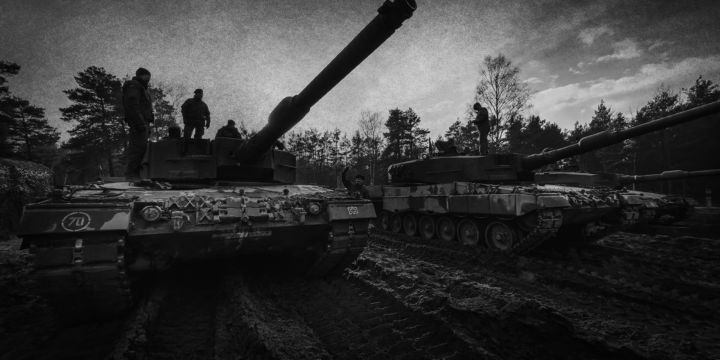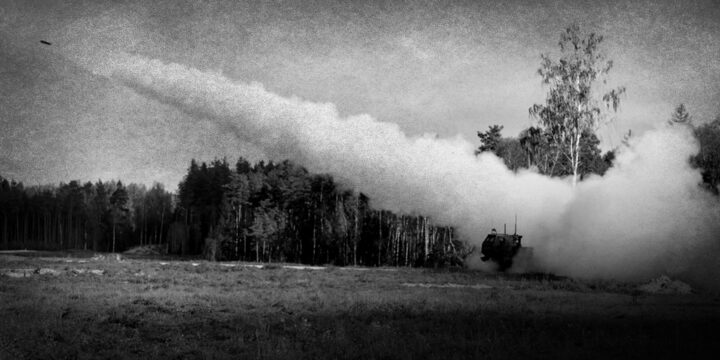January 10, 2025
Why neutrality is the best course for Ukraine

The war in Ukraine, which will enter its fourth year in late February, is commonly referred to as a war of attrition. This is true enough; comparing the battlefield maps today from those in early 2024, you might have trouble finding any big differences between them. With the exception of the initial Russian invasion in February 2022 and Ukraine’s counteroffensive later that year, major territorial breakthroughs are few and far between; slow, exhausting, high-cost movement along the 620-mile frontline is the established norm.
Unfortunately for Kiev, wars of attrition favor the side with the most resources. Ukraine has fewer men than Russia to draft into the fight (Russia’s population is four times larger than Ukraine’s), an economy less than one-10th the size of Moscow’s, and partners in the West who are increasingly skeptical that the war can be won in the traditional sense of the word. Although Russia has lost an astounding number of troops—in November, the UK Defense Ministry assessed that 700,000 Russians have been killed or wounded—Moscow has thus far been able to recruit enough replacements to continue padding the rank-and-file. One can’t say the same thing about Ukraine, which is strained by a manpower shortage, has lost approximately 4,100 square kilometers of its territory in 2024, and at times makes bad decisions at the tactical level (like invading Kursk instead of adopting a defensive strategy and solidifying its lines in the Donbas).
Ukraine’s President Volodymyr Zelensky isn’t blind to the realities on the ground. There was a point in the not-so-distant past when he was adamant against offering any concessions to Russia to end the war. Zelensky’s first peace plan, unveiled in November 2022, the peak of the Ukrainian army’s gains, was in essence a terms-of-surrender document to the Russians, who were at that time flailing. This is no longer the case. If anything, it’s the Ukrainians who are flailing today, and Zelensky knows it, even if he won’t express it. His tone has changed markedly over the last three months. The negotiations Zelensky spurned in late 2022 and 2023 are now being talked about by the Ukrainian president himself as the only way to end the war, even more so now that Donald Trump will re-enter the White House in two weeks with his own peace agenda.
More on Europe

By Daniel Davis
May 5, 2025

Featuring Christopher McCallion
April 28, 2025

By Daniel Davis
April 27, 2025
Events on Ukraine






